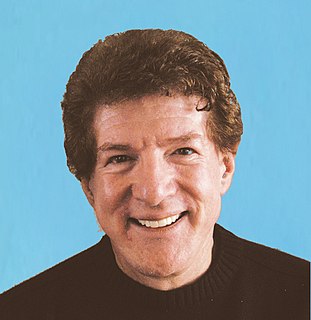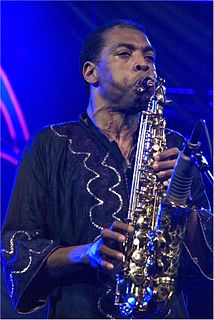A Quote by Malcolm X
Renaissance or the reawakening of Europe. And, and this reawakening actually involved an era during which the people of Europe, who were coming out of the Dark Ages, were then adopting the value system of the people in the East, in the, of the oriental society.
Related Quotes
Now we have to understand that slavery would not have ended if it was left to the Africans alone, Now, Europe understood that what they were doing then was unjust, but imagine the propaganda from kings and queens of Europe to convince their people that we were cannibals, idol worshipers, horrible people, bastards, godless monkeys.
In 2003, at the time I made my "Old Europe" comment, the center of gravity in NATO and Europe had long since shifted to the East. With the former Warsaw Pact countries joining NATO, the alliance has a different mix today. Some people were sensitive about my comment because they thought it was a pejorative way of highlighting demographic realities. Apparently they felt it pointed a white light at a weakness in Europe - an aging population. Europe has come some distance since World War II in becoming Europe.
I'm old-fashioned. I think William Blake and people in the Renaissance people were multi. Look at da Vinci, he was involved in science; and Michelangelo was dabbling in poetry. Both of them were painters and sculptors but they also involved themselves with architecture. I honestly don't know what happened in the '60s and '70s. If you sang rock and roll in America at that time or were involved in expressing yourself through music like that, then many thought you couldn't possibly be an artist. That thinking is archaic.
I think that in this globalised world, the local is going to become more and more important - it is a paradox. You see it in Western Europe more and more. Eastern Europe is still coming out of the Soviet uniform cultural era, but this kind of separation and nationalism is very obvious now in Western Europe.
That was the reason why very few people fleeing the rise of fascism in Europe, especially in Germany, could get to the United States. And there were famous incidents like with the MS Saint Louis, which brought a lot of immigrants, mostly Jewish, from Europe. It reached Cuba, with people expecting to be admitted to the United States from there. But the administration of Franklin D. Roosevelt wouldn't allow them in and they had to go back to Europe where many of them died in concentration camps.
In Europe, the Enlightenment of the 18th century was seen as a battle against the desire of the Church to limit intellectual freedom, a battle against the Inquisition, a battle against religious censorship. And the victory of the Enlightenment in Europe was seen as pushing religion away from the center of power. In America, at the same time, the Enlightenment meant coming to a country where people were not going to persecute you by reason of your religion. So it meant a liberation into religion. In Europe, it was liberation out of religion.
In western civilization, the period ruled by mysticism is known as the 'Dark Ages' and the 'Middle Ages'. I will assume that you know the nature of that period and the state of human existence in those ages. The Renaissance broke the rules of the mystics. "Renaissance" means the "rebirth". Few people today will care to remind you that it was a rebirth of reason - of man's mind.
I do not know if the doctrine that the nation-state arose in the 19th century was still being taught:;... but it is erroneous. The nation-state reaches back far into the origins of Europe itself and perhaps beyond. If Europe was not always a Europe of nations, it was always a Europe in which nations existed, and were taken for granted, as a basic form of the State.



































